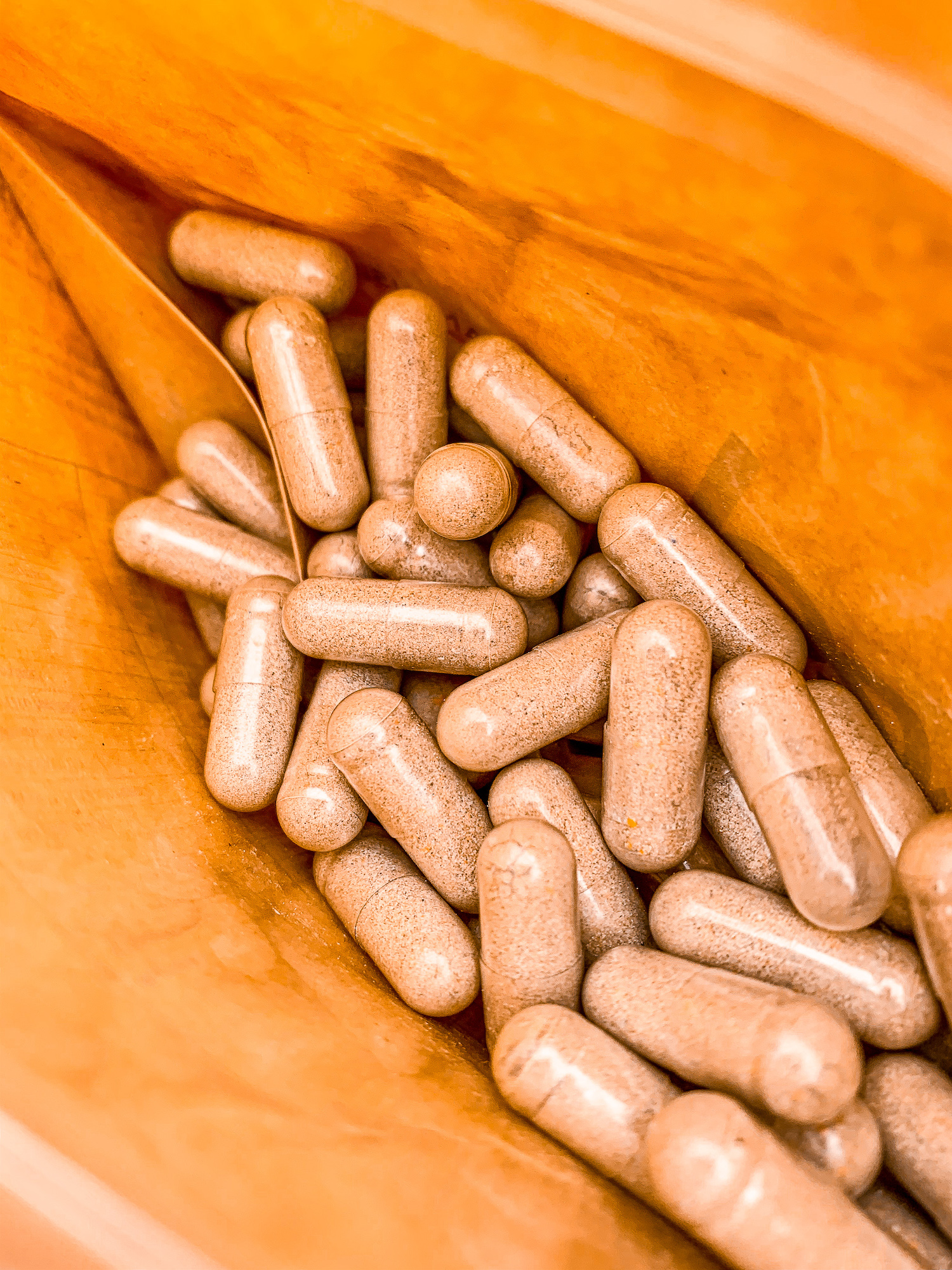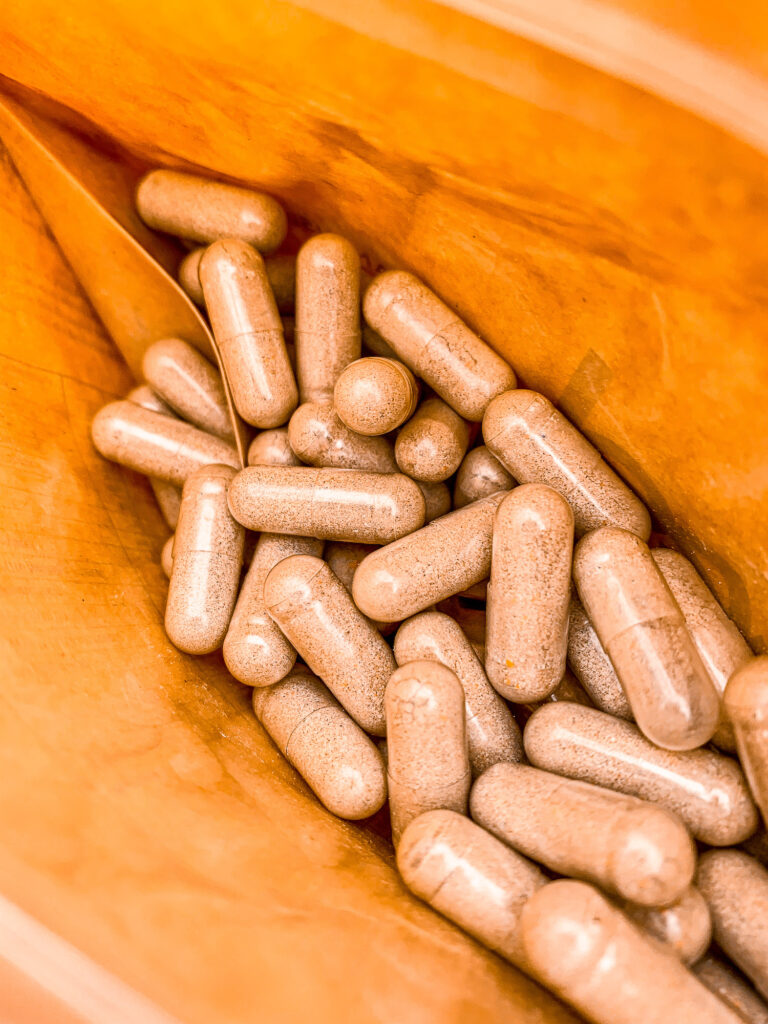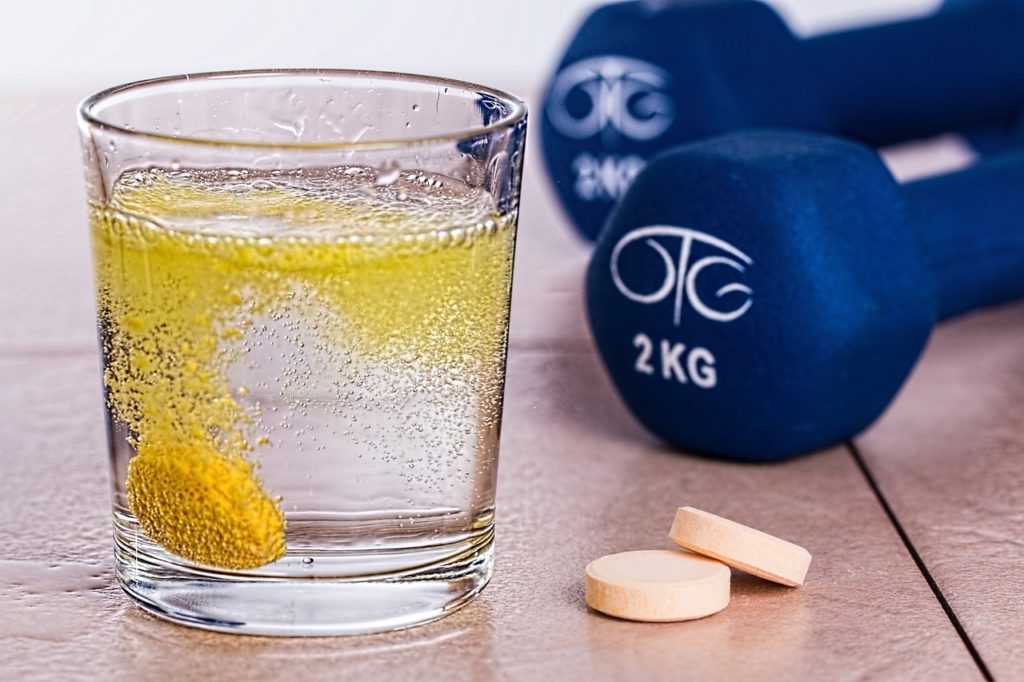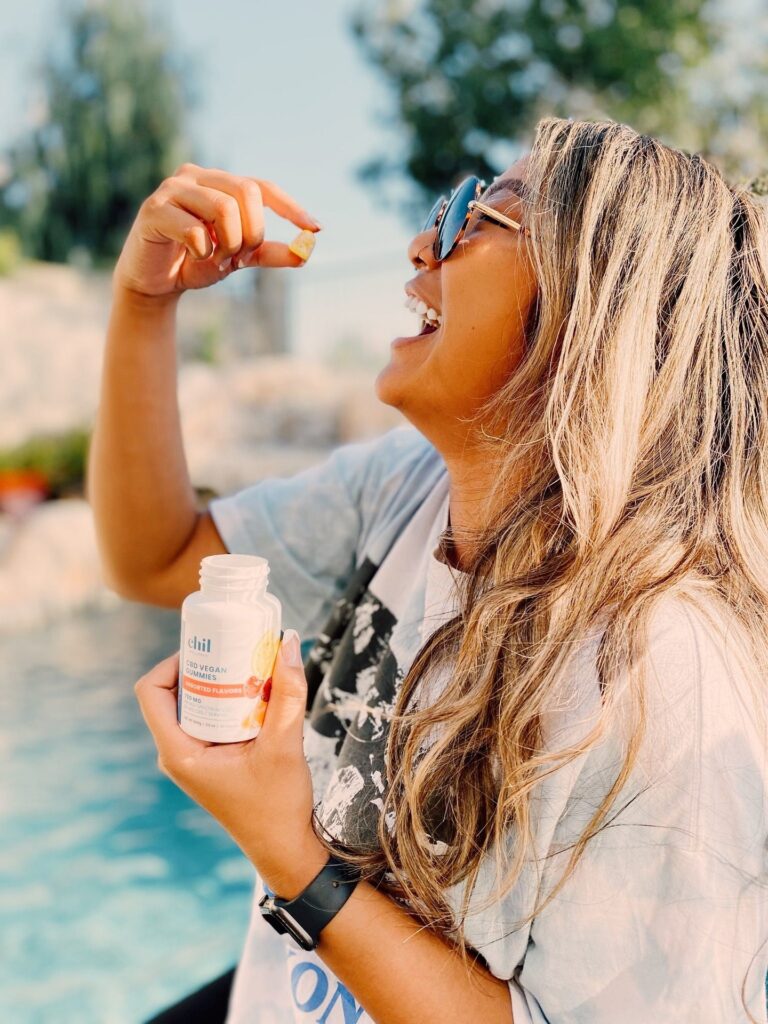How 5 Vitamins Can Help Mental Health And Mood-Boosting
Supplementing your diet with vitamins has long been recognized as an excellent way to improve your physical as well as mental health. Even though you have a healthy diet, full of nutritious food, there can still be some vitamins that you are not getting enough of.
In the absence of those minerals, mental health issues can arise. For this reason, it is important to understand the types of vitamins associated with mental health and their effects on your brain. Those vitamins are here to maintain your body health while supporting brain function.
Here is the list of some vitamins that can help improve your mental health and boost your mood.
How 5 Vitamins Can Help Mental Health And Mood-Boosting
Fish Oils
Fish oils are the best source of omega-3 acids. They are known to be crucial for the healthy development of your brain and your heart and the whole central nervous system (CNS).
The National Institutes of Health (NIH) suggests fish oil supplements can improve blood vessel functioning, children’s brain development, cognitive ability, prevent cancer, and even improve skin health.
But, only a few people know that these vitamins can help you with mood-boosting and improve your mental health. Many studies were done in medical school and other health institutions have confirmed that thanks to this supplementation, depressive symptoms in adults have significantly decreased.
B Vitamins
B vitamins are best known for their great impact on mental health. The benefits of these supplements include reducing fatigue, improving memory, and enhancing overall functioning.
For instance, if you are lacking vitamins B, such as B1, B2, and B12, there is a greater chance of having anxiety, depression, and fearfulness.
Vitamin B12 has the most important role of it all. It influences the production of serotonin, norepinephrine, and dopamine. Serotonin and norepinephrine are responsible for our mood swings and psychological behaviour. On the other hand, dopamine influences our feelings of motivation, pleasure, and is responsible for our natural reward system.
A deficiency of either of these vitamins can lead to depression. Therefore, make sure you eat food that is full of B vitamins such as fish, eggs, nuts, whole grains as well as milk. If you are still deficient in vitamin B, make sure you take those supplements prescribed by your doctor.
Collagen Supplement
Collagen supports resiliency in your skin, hair, and nails, which in turn helps you look healthy and youthful. Your body produces plenty of it while you’re young, but over time, collagen production decreases. As a result, signs of age begin to show, such as wrinkled skin and brittle nails. However, the effects are most obvious in your hair which, in addition to age, can be affected by other health issues. In many cases, stress or depression can lead to hair loss.
Fortunately, formulations with collagen can help prevent or reverse hair loss, encouraging a healthy scalp and more elasticity in your hair to make you look and feel vibrant and well. In addition to thicker hair and healthier nails, there’s some evidence that collagen can be helpful for joints and overall “stretchiness” in your body.
Vitamin C
Vitamin C is a water-soluble vitamin found in various foods and sold as a dietary supplement. It is used to prevent and treat scurvy. Vitamin C is an essential nutrient involved in the repair of tissue, the formation of collagen, and the enzymatic production of certain neurotransmitters.
Put simply, vitamin C liposome is vitamin C which is contained within a liposome – a spherical vesicle containing fats (or lipids, hence the name). Liposomes mimic the cell membranes within the body, which is what helps to deliver the ingredients into the desired cells via the digestive system.
Vitamin D
Many individuals who experienced anxiety, depression, or any other mental condition had low levels of vitamin D. The best way to make up for this shortcoming is to spend as much time as you can in the sun.
However, people who live in northern areas can lack sunlight, therefore may suffer from vitamin D deficiency due to a lack of sun exposure. For those people, it’s crucial to take vitamin D supplements in order to prevent any symptoms of depression.
Besides taking necessary vitamins, it’s also recommended to go on vacation especially during these cold days. Your winter vacation can be crucial for gaining some vitamin D and sunlight especially if you decide to go on meditation retreats.
Among younger adults, vitamin D decreased irritability, sleep disorders, concentration difficulties, and fatigue. Its overall function is to alleviate depression and support the normal development of mental health.
Zinc
Zinc is an important vitamin responsible for a variety of biological processes, including metabolism and immune function. Supplementing with zinc can have a positive effect on reducing ADHD and depression symptoms, especially in women. To keep the desired level of zinc, you should eat dairy products, meat, whole grains, and poultry because they contain a high level of this mineral.
Many studies have confirmed that zinc deficiency is common in persons that have some kind of mental illness. The lack of this supplement can influence proper brain function as well as other behavioural issues. When combined with magnesium, zinc is particularly effective in treating depression and other mental health conditions.
Well-known megafood vitamins can help you increase all vitamins deficiency in your body. It is especially recommended for vegans, for people that have to be on a gluten-free diet, as well as the ones who want to use Free-GMO products.
Summary
Taking certain supplements can be beneficial for your physical health but to your meant health as well. You can use it to reduce the signs of depression, anxiety, and for boosting your energy and mood.
However, before deciding to take any of these vitamins, make sure you consult with your chosen health provider to ensure they won’t interfere with medications you may be taking or other conditions you may have.










